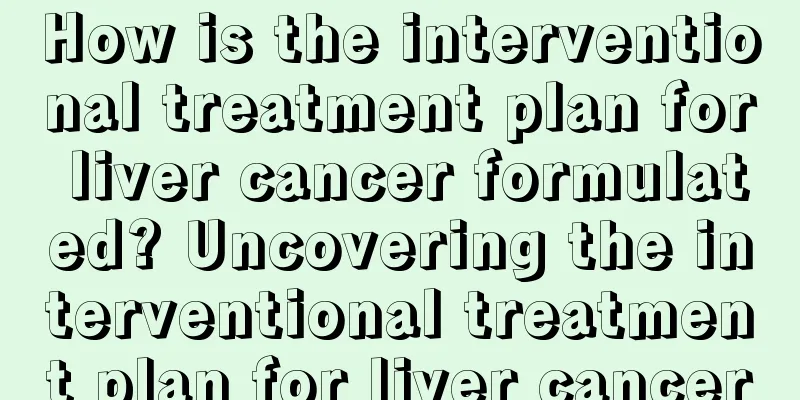How to treat bacterial pneumonia?

|
In our daily lives, we are bound to suffer from cold symptoms due to weather and seasonal changes, but after a cold and fever, people will easily be infected with pneumonia, which is a disease that is extremely harmful to people's health. Bacterial pneumonia is more serious than ordinary pneumonia. Friends who suffer from bacterial pneumonia need to pay attention to hygiene issues in daily life and not give bacteria a chance to multiply. And if you have a cold and fever, you must seek timely treatment, so we need to understand how to treat bacterial pneumonia? Antimicrobial therapy is the key to determining the prognosis of bacterial pneumonia. If the condition does not improve or even worsens after 2 to 3 days of anti-infection treatment, the anti-infection drug should be changed. When pathogen test results are available, sensitive drugs should be selected based on drug sensitivity tests. If there is no etiological data to rely on, the possible pathogens of pneumonia should be re-examined and a new round of empirical treatment should be initiated. The total course of treatment for mild and moderate pneumonia can be ended 3 to 7 days after symptoms are controlled, such as when the body temperature returns to normal; for more severe cases, it can be 1 to 2 weeks; for Staphylococcus aureus pneumonia and pneumonia in immunosuppressed patients, the course of treatment should be appropriately extended; for aspiration pneumonia or lung abscess, the total course of treatment can take several weeks to several months. Other treatments should be selected according to the condition of the disease, such as oxygen inhalation, cough and phlegm relief, infusion and anti-shock, etc. 1. General treatment Rest in bed, eat easily digestible foods rich in protein, electrolytes and vitamins, and pay attention to water replenishment. For patients with high fever, physical cooling should be given and antipyretic drugs should be given if necessary. 2. Promote expectoration Encourage the patient to cough, turn over, or pat the back to promote expectoration. Give expectorants and antispasmodics, and if necessary, normal saline with α-chymotrypsin, dexamethasone and a small amount of antibiotics, and inhale them by nebulization. 3. Application of antibiotics According to the situation, apply it appropriately. 4. Immunotherapy Immunoglobulin, transfer factor, thymosin and other immunomodulators can be helpful in auxiliary treatment. 5. Treatment of complications Patients with respiratory failure were given oxygen therapy and respiratory support. If there is electrolyte imbalance, liver or kidney function damage, give appropriate treatment. Empyema should be treated with drainage or surgery. Through the above content, we know that there are many treatments for bacterial pneumonia. In general, drug treatment is still required, but we must choose effective drug treatment based on the patient's condition. The main thing is to improve the patient's immunity, and the use of antibiotics will be beneficial to the recovery of the disease. If you suffer from bacterial pneumonia, you need to actively cooperate with treatment. |
<<: What are the symptoms of chronic alcoholism?
>>: Why does a bitter taste in the mouth occur?
Recommend
How is hepatocellular carcinoma graded? It is divided into three stages
How is hepatocellular carcinoma graded? Hepatocel...
What are the effects of Qingkailing Capsules
Qingkailing Capsule is a common household medicin...
Skin is divided into several types
People's skin is different due to different m...
【Beware】Commonly ignored symptoms of gynecological tumors
Pelvic pain and abnormal bleeding are often the m...
What are the consequences of tongue cancer recurrence
In recent years, the incidence of some uncommon d...
Is bloody nasal discharge a nasopharyngeal cancer? How to treat it?
Nowadays, more and more people are suffering from...
How to prevent liver cancer? Three tricks are very effective in preventing liver cancer
Everyone knows that liver cancer is very harmful,...
The efficacy of mouthwash
Nowadays, many people pay more attention to oral ...
Grape seed extract
Speaking of grape seed extract, I believe everyon...
Chinese herbal medicine for treating advanced gastric cancer
Patients with gastric cancer are advised to take ...
How long can you live if colon cancer spreads
How long can you live if colon cancer spreads? Ho...
What should I do if hair gets into my eyes
As the saying goes, eyes are windows to the soul....
What are the effects of snake grass
Snake grass has high medicinal value. If taken co...
What should I pay attention to during prostate cancer reexamination
Prostate cancer is a common malignant tumor that ...
What are the symptoms of malignant lymphoma?
The symptoms of malignant lymphoma are a hot topi...









